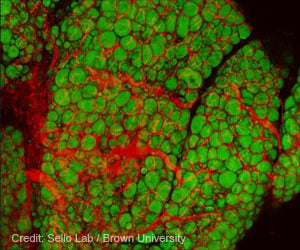Globally, one in five deaths is caused due to poor diet, with heart disease being the most significant contributor, followed by cancers and type 2 diabetes.

‘Globally, 1 in 5 people die due to the lack of optimal amounts of food and nutrients on their plates.’





Low intake of whole grains below 125 grams per day was the leading dietary risk factor for death and disease in India, the US, Brazil, Pakistan, Nigeria, Russia, Egypt, Germany, Iran, and Turkey. In Bangladesh, low intake of fruits below 250 grams per day was the leading dietary risk.
In 2017, the countries with the lowest rates of diet-related deaths were Israel, France, Spain, Japan, and Andorra. India ranked 118th with 310 deaths per 100,000 people.
The findings highlight the urgent need for coordinated global efforts to improve diet through collaboration with various sections of the food system and policies that drive balanced diets.
"This study affirms what many have thought for several years -- that poor diet is responsible for more deaths than any other risk factor in the world," said Christopher Murray, Director at the University of Washington in the US.
Advertisement
While a poor diet caused an estimated 11 million deaths, diets high in sodium, low in whole grains, and low in fruit together accounted for over five million of all diet-related deaths globally in 2017.
Advertisement
Deaths related to diet have increased from eight million in 1990, primarily due to increases in the population and population aging, the report said.
Source-IANS















